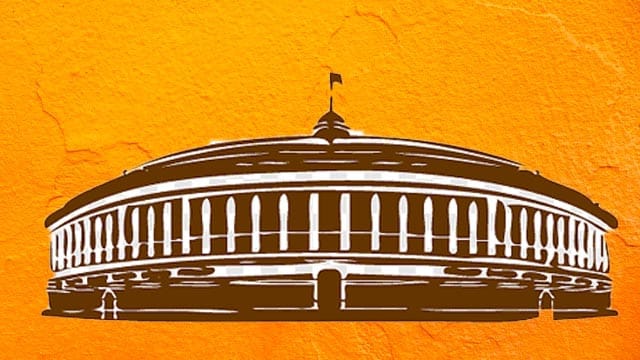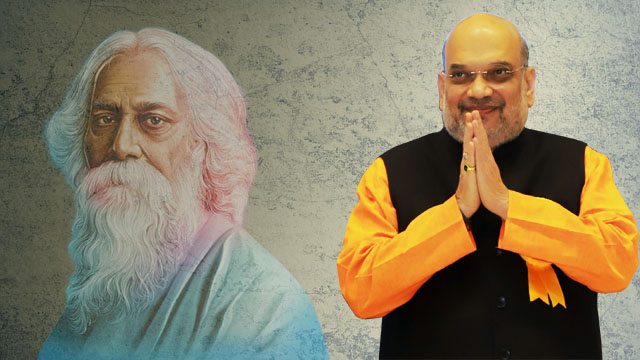As India celebrates its 78th Independence Day, a troubling trend has emerged in the digital world, where a vocal section of society appears to contradict the nation’s anti-colonial legacy. Historically, countries that have won their freedom tend to support others striving for self-determination. In India, however, a disturbing reversal is taking place.
Hating Azadi, the core of independence
The term ‘Azadi’, meaning freedom, became controversial after the 2016 Jawaharlal Nehru University (JNU) incident, where student leaders Kanhaiya Kumar, Umar Khalid, and Anirban Bhattacharya were arrested following the circulation of a fake video. The ruling Bharatiya Janata Party (BJP) and its brand of ethno-religious nationalism soon turned ‘Azadi’ into a term of derision. Under the BJP’s governance, two trends became clear: India’s decline in global freedom rankings, including the religious freedom of minorities, and the BJP’s growing electoral dominance, fuelled by Prime Minister Narendra Modi‘s popularity. This emboldened the government to enact draconian laws, persecute its critics, and stifle the media.
The use of the word ‘Azadi’ has since become a flashpoint. Opposition figures and critics who use it face not just political vitriol but state persecution, damaging India’s global reputation.
The support for neo-colonialism
Mr Modi’s government has vocally championed “decolonising” Indian minds, accusing the centre-right Indian National Congress and the left of perpetuating colonial-era thinking.
For the Hindutva movement, led by the Rashtriya Swayamsevak Sangh (RSS), of which the BJP is a key part, colonisation began not with the British but with an Islamic invasion a thousand years ago. Consequently, Muslims, India’s largest and most marginalised minority, are cast as outsiders and enemies. While the British introduced the strategy of “divide and rule,” the RSS—often accused of being a colonial project itself—focuses its ire less on the British and more on Muslims.
This pathological hatred manifests in the Hindutva camp’s unapologetic opposition to any anti-colonial struggle involving Muslims, whether it’s the Palestinian fight against Zionism or the Bangladeshi youth’s struggle against the autocratic rule of former leader Sheikh Hasina. Instead of supporting the oppressed, the Hindutva universe sides with the oppressors.
The hypocrisy
The RSS, which boycotted India’s freedom struggle and is accused of complicity in Mahatma Gandhi’s assassination, now positions itself as a champion of patriotism. Despite having refused to celebrate Independence Day for 52 years, the RSS now promotes government initiatives like “Har Ghar Tiranga” (a tricolour atop each house). The irony is palpable.
The hypocrisy extends to the Hindutva camp’s selective outrage. When the Modi government is criticised for its hostility towards Muslims and Christians, or when the prime minister is accused of stoking Islamophobia, the Hindutva camp rallies in defence.
Yet, the same people express concern over the plight of Bangladesh’s minorities amidst its current upheaval. Those who celebrate the bloodshed in Gaza and support Israel’s excesses are suddenly concerned about human rights in Bangladesh—allegations locals say are the work of the deposed Awami League, allegedly in league with the BJP.
Usurping independence legacy
As the RSS and BJP celebrate India’s independence, they will inevitably claim the legacy of freedom fighters who opposed their divisive ideology. Unsurprisingly, those who opposed India’s freedom movement now oppose the Palestinian people’s aspirations for liberation, which Gandhi supported. They also oppose the struggles of the Bangladeshi people for a better future and will continue to resist all Indians striving to realise the true meaning of ‘Azadi’ a concept fundamentally at odds with their ideology.
The editorial board of East Post is responsible for the columns published in the Editorial section. This column expresses the organisation's views.





